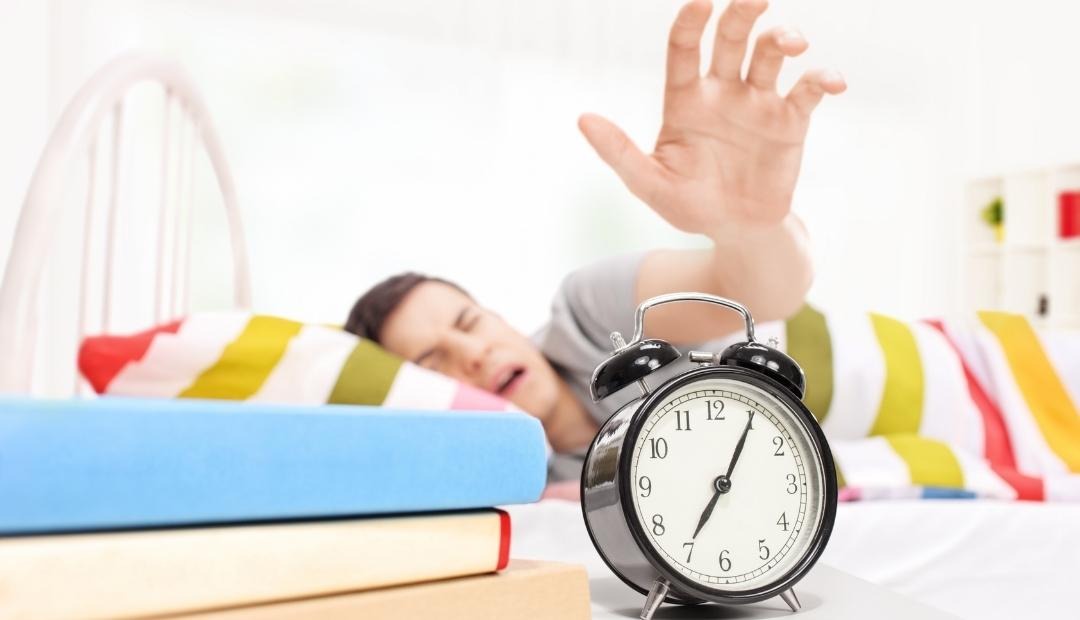Exploring new living spaces, like apartments for rent in houston, is an exciting venture, but amidst the hustle and bustle of finding the perfect place, your sleep might unintentionally take a backseat. Numerous studies suggest that insufficient sleep can have detrimental effects on your emotional health, physical well-being, and overall efficiency.
Enough quality sleep is vital for maintaining our health and happiness. It provides the essential recovery time needed for our bodies to heal and rejuvenate. Adequate rest also enhances our cognitive abilities, reduces stress levels, and boosts our emotional state.
Chronic sleep deprivation is associated with a range of health issues, including difficulty focusing, forgetfulness, and even unwanted weight changes. If you find yourself lacking the necessary rest, it may be prudent to reassess your sleep routine. Discover these key indicators that could signify you're not getting enough sleep.
You Feel Less Productive
If you haven't gotten enough sleep, your performance may suffer. Sleep has an impact on our ability to think clearly, focus, and reason with others.
This is because getting enough sleep improves memory and creativity while also promoting new learning abilities in the human brain.
Meanwhile, sleep deprivation has the opposite effect, making your brain weaker and unable to process properly throughout the day. Lack of sleep will make you feel sluggish and weak. If you're feeling unproductive, you probably need a nap.
You Get Sick More Often
When you sleep, your body produces protective substances such as antibodies and cytokines that aid in the fight against infections.
To keep you healthy, these fight bacteria, viruses, and other foreign invaders in your body. Cytokines also promote better sleep as well as function to protect your body from disease.
If you don't get enough sleep, your body won't be able to fight off bacteria and its ability to recover might not work as well as it should. You may also have to deal with the risks of chronic conditions such as diabetes or heart disease.
So if you find yourself getting sick often, check if you're getting enough sleep so that your body can produce the antibodies it needs to help fight illnesses.
You've Suddenly Gained Weight
Sleep deprivation can lead to weight gain. When you sleep, your body produces leptin hormones, which help to regulate hunger and cravings.
Leptin hormones tell your body when it's full. Sleep deprivation releases more ghrelin hormones, which do the opposite - it tells you you're hungry.
Lack of sleep wrecks the balance between the two so when you don't get enough sleep, you're prone to succumbing to midnight cravings or snacking.
Over time, not only do you start overeating, but your physical activity begins to decline as well. When you have this hormonal imbalance, you gain weight as a result of your body's inability to burn enough calories or build muscle mass.
It can also cause a decrease in insulin production, which affects your blood sugar levels. If you feel that you're gaining a few pounds all of a sudden, it might be wise to take a good look at your sleep schedule.
Lack of sleep has a variety of negative effects on the body as a whole because of how significant a part it plays in how the human body functions.
Prolonged sleep deprivation can be dangerous and can potentially have severe consequences over time. Stay safe and healthy by getting the recommended 7-8 hours of sleep every night.
The Augusta in Houston, TX


